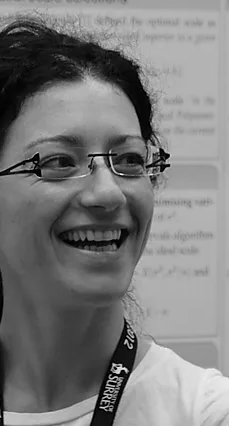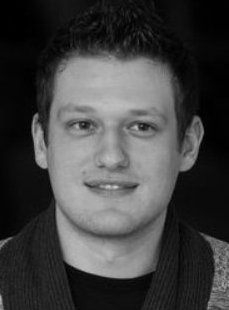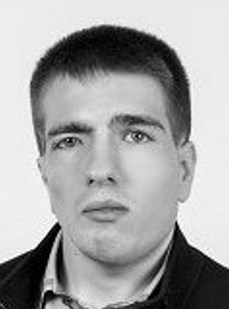Workshop chairs:
Invited speaker:

Tatiana Tommasi is an Assistant Professor of Computer Engineering at Politecnico di Torino and Affiliated Researcher at the Italian Institute of Technology. Her research area includes computer vision and machine learning. The main topic of her work is knowledge transfer, domain adaptation and object categorization using multimodal information. She is also interested in natural language processing, medical image analysis and robotics. She received her MS degree in physics (2004) and the Dipl. degree in medical physics (2008) from the University of Rome, La Sapienza, Italy. She completed her PhD in electrical engineering at the École Polytechnique Fédérale de Lausanne, in 2013. She continued her research work as postdoc in KU Leuven and University of North Carolina at Chapel Hill before joining the Italian Institute of Technology and Politecnico di Torino.
Learning to Generalize with Self-Supervision
Although deep networks have significantly increased the performance of visual recognition methods, it is still challenging to achieve the robustness across visual domains that is necessary for real-world applications. In many practical tasks collecting annotated samples may be very costly, but at the same time using models trained from data belonging to a different domain will produce only poor results. To tackle this issue, research on Domain Adaptation (DA) and Generalization (DG) has flourished over the last decade with several approaches based on feature alignment, generative and adversarial solutions. In this talk I will present a new point of view on the DA and DG settings that considers self-supervision as an auxiliary powerful tool to adapt and generalize across domains. Specifically the talk will show how solving a jigsaw puzzle or recognizing the orientation of an image can improve robustness and support generalization of models learned on photos, cartoon, paintings or sketches. We will also see how this beneficial effect extends from object classification to detection and may also be applied when the shift across domains involve different label sets (partial domain adaptation) or when the target domain reduces to a single test sample.
Presentation slides are now available.
Program committee:
Dániel Baráth
Horst Bischof
Borja Bovcon
Jan Cech
Luka Cehovin
Ondrej Chum
Matej Dobrevski
Ziga Emersic
Klemen Grm
Jiří Hladůvka
Tomas Hodan
Marija Ivanovska
Matej Kristan
Janez Krizaj
Walter Kropatsch
Alan Lukezic
Jiri Matas
Blaž Meden
Dmytro Mishkin
Jon Muhovic
Janez Perš
Horst Possegger
Peter Rot
Peter Roth
Robert Sablatnig
Danijel Skocaj
Julia Skovierova
Vitomir Struc
Radim Šára
Jaka Šircelj
Domen Tabernik
Giorgos Tolias
Vitjan Zavrtanik



